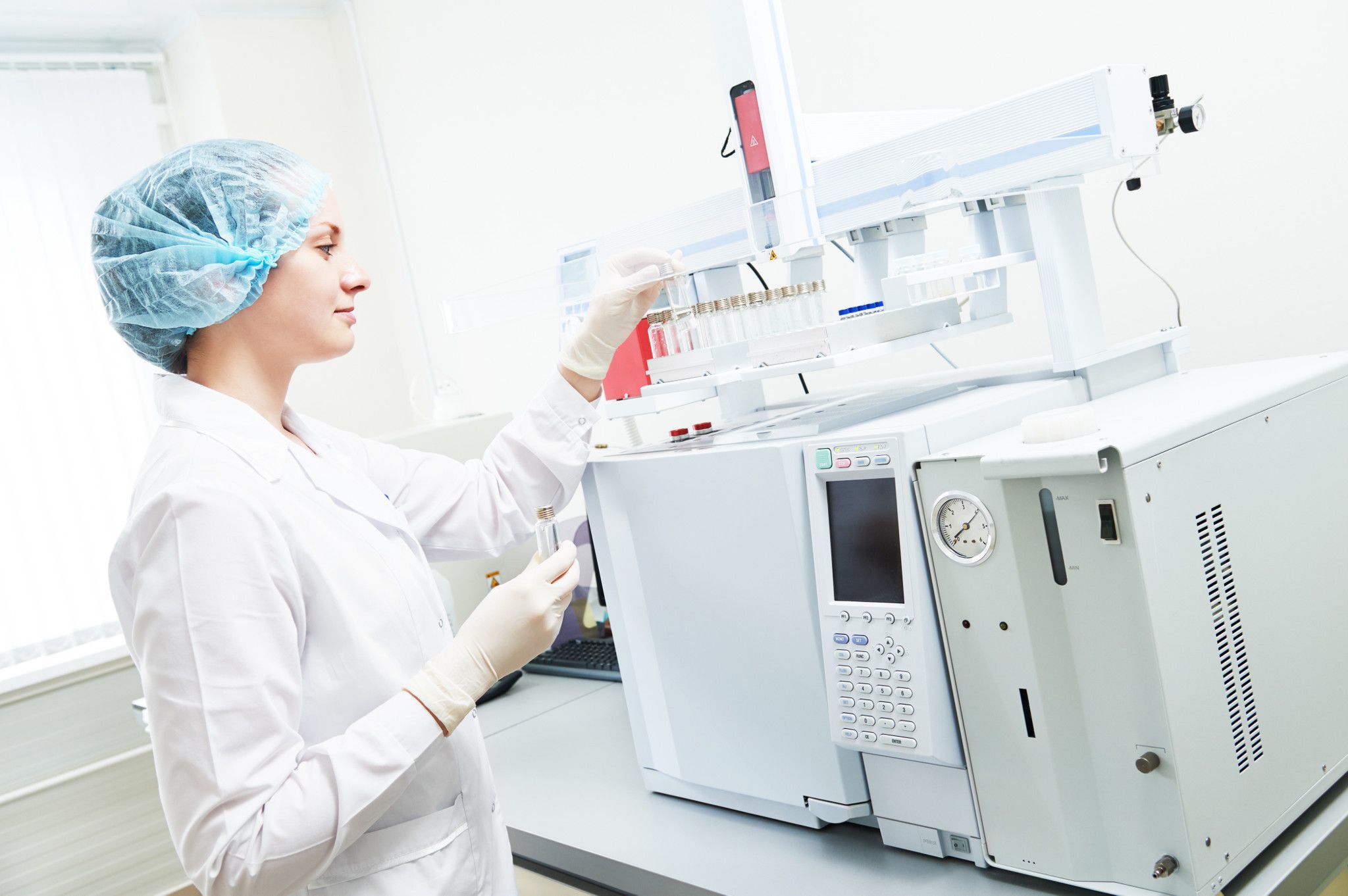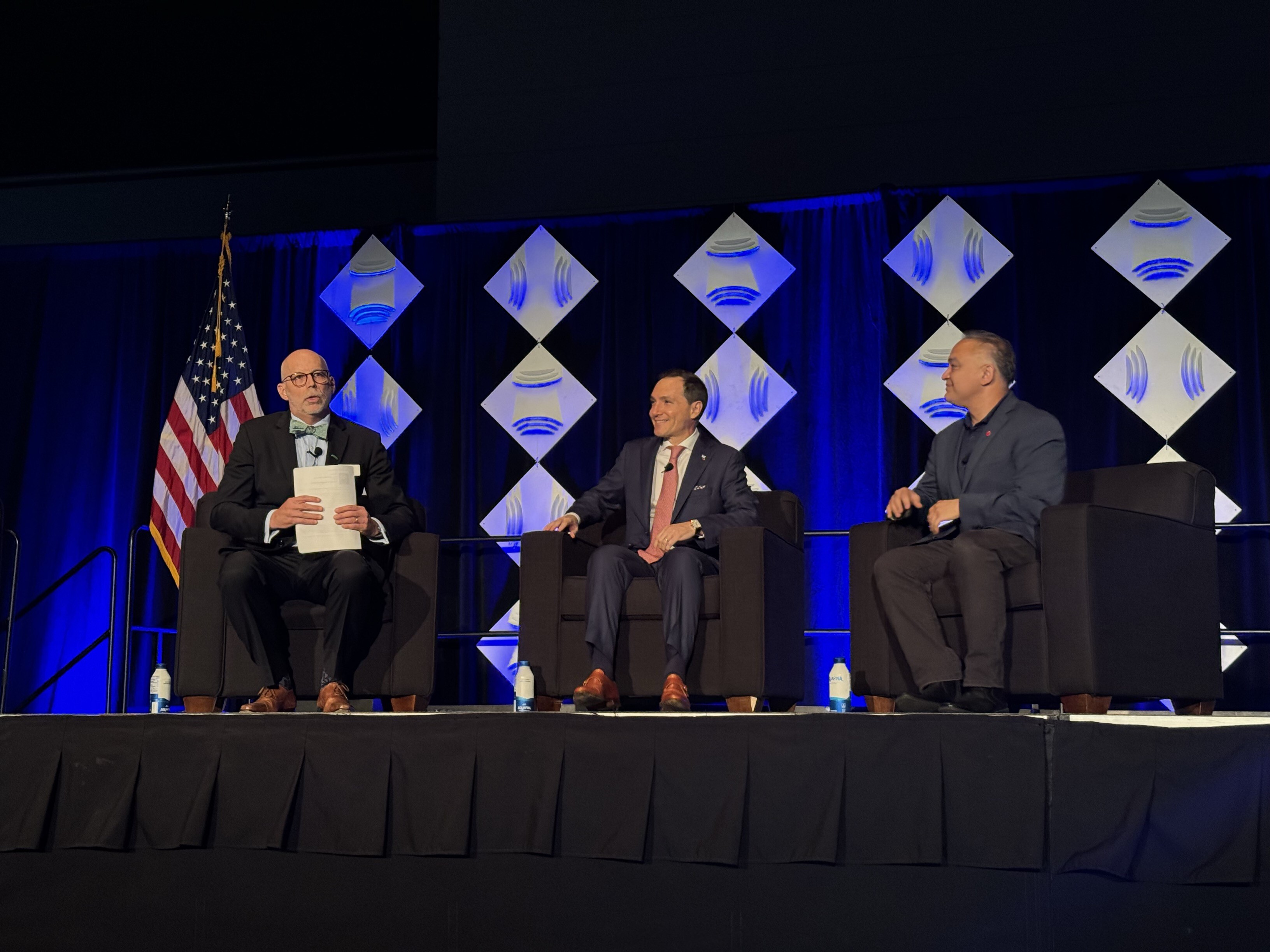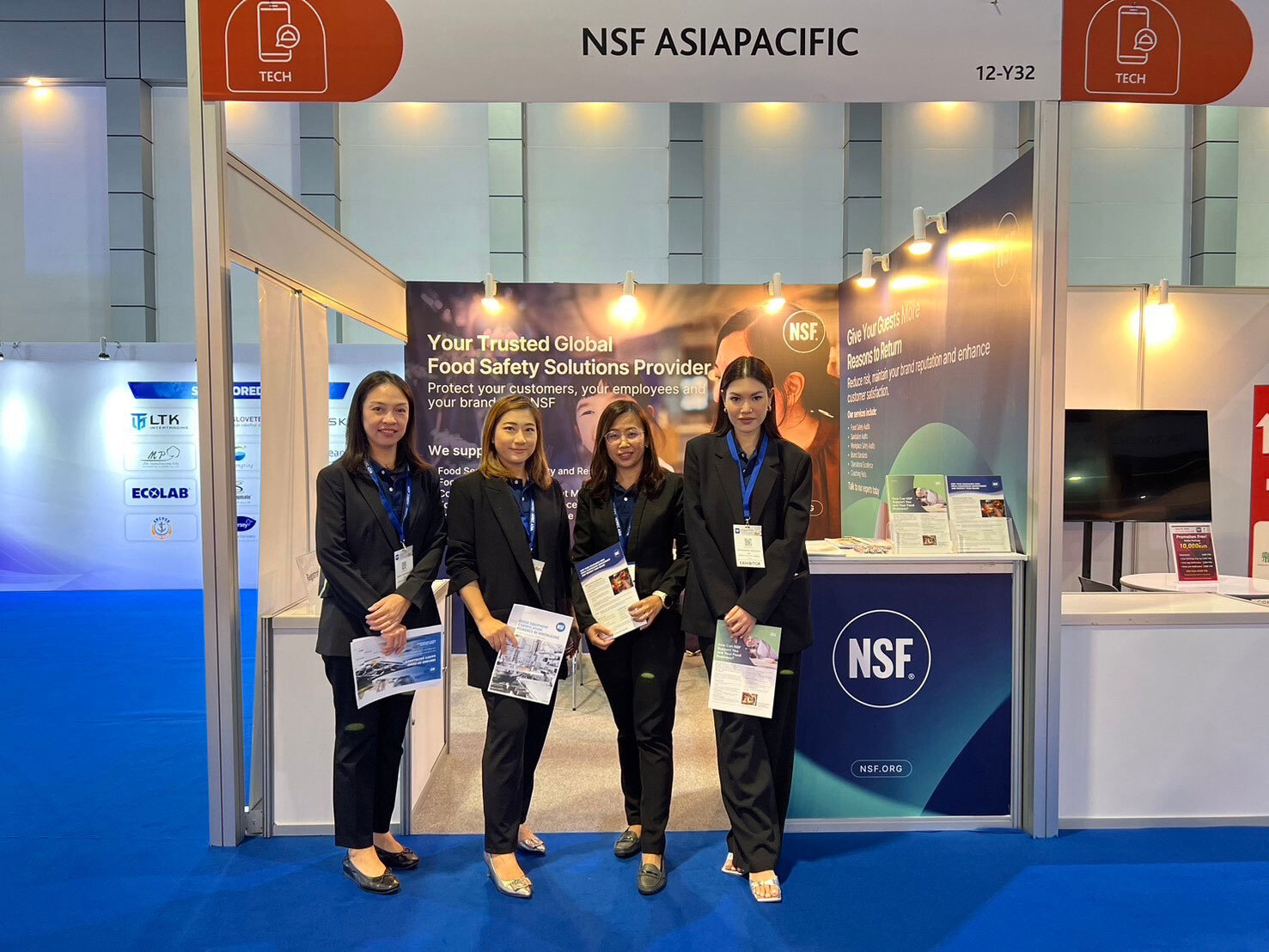NSF Health Sciences Certification, LLC Applies to Become MDSAP Auditing Organization
ANN ARBOR, Mich. — An application submitted by NSF Health Sciences Certification, LLC, a wholly-owned subsidiary of global public health organization NSF, has been accepted by the Medical Device Single Audit Program (MDSAP) Regulatory Authority Council – putting the certification body on the path to becoming an MDSAP Auditing Organization. This is the first of three steps for NSF Health Sciences Certification, LLC to become authorized to conduct MDSAP audits. Authorization will help alleviate the backlog of audits that is expected as a result of Canada mandating MDSAP on January 1, 2019 and other global market and regulatory drivers.
MDSAP is a global auditing and monitoring program to improve safety and oversight in manufacturing non-active, active, active implantable and in vitro diagnostic medical devices. Recognized MDSAP Auditing Organizations can conduct a single regulatory audit that covers quality management system requirements in ISO 13485 and the specific regulatory requirements of all participating jurisdictions, which include Australia, Brazil, Canada, Japan and the United States.
Brazil, Japan and Australia utilize MDSAP audit reports as a substitute for their regulatory inspectorates’ reports for medical device applications or authorizations, while the U.S. Food & Drug Administration (FDA) uses them as a substitute for its regulatory inspectorates’ audit reports for routine FDA medical device inspections.
On January 1, 2019, Canada will require companies selling Class II, III and IV medical devices and IVDs in Canada’s approximately $6.7 billion market to have a MDSAP certificate to maintain their Medical Device Licenses. MDSAP will replace the current Canadian Medical Device Conformity Assessment System (CMDCAS) as a way to demonstrate quality management system compliance to ISO 13485 and the Canadian Medical Devices Regulations (CMDR).
At the same time, the world’s larger medical device manufacturers are setting internal requirements for their suppliers, including compliance with ISO 13485 or MDSAP. Additionally, the new EU Medical Device Regulations, which went into effect on May 26, 2017, require all EU notified bodies to become re-designated. With many of the MDSAP Auditing Organizations also being EU notified bodies, there will be a strain on resources to meet customer demands. These factors, as well as marketing pressures in other jurisdictions such as Brazil and Japan, will create a notable increase in the volume of regulatory audit work as well as a potential backlog that could impact manufacturer goals.
“Currently about five Auditing Organizations are handling nearly 90 percent of all CMDCAS certifications. With the change to MDSAP, there may not be enough Auditing Organizations to keep up with the work, which opens a pathway for audits from organizations such as NSF Health Sciences Certification, LLC,” says Kim Trautman, Executive Vice President of Medical Devices at NSF. “MDSAP specifies Auditing Organizations must have expertise not only in the quality system but also in the manufacturer’s product type and design. Our staff holds notified body, regulatory authority and auditing expertise and had direct involvement in developing the MDSAP requirements or in implementing CMDCAS and MDSAP. We are well poised to meet the increased demand for manufacturer audits.”
NSF experts include Trautman, a former U.S. FDA official who developed MDSAP and the MDSAP chairperson for its inaugural three years; Brian Ludovico who has over 20 years of experience in international medical device quality systems and certification requirements, including service as the chair of Health Canada’s Registration Body Forum under the CMDCAS Program; and James Pink who has experience serving as a lead auditor and product expert for a leading European notified body.
Currently, the World Health Organization Prequalification of In Vitro Diagnostics Programme and the European Union are observers to the MDSAP, which helps to build confidence in the Program and the possible expansion in jurisdictional membership in the future. For more information about NSF Health Sciences Certification, LLC’s MDSAP services, please call +1 202.822.1850 or email mdrc@nsf.org.
Editor’s Note: For media interviews, please contact Thomas Frey, APR, at media@nsf.org or +1 734.214.6242.
About NSF: NSF (nsf.org) is a global independent organization that writes standards, and tests and certifies products for the food, water, health sciences and consumer goods industries to minimize adverse health effects and protect the environment. Founded in 1944, NSF is committed to protecting human health and safety worldwide.
NSF’s health sciences services ensure pharmaceutical, biologics, medical device and dietary supplement products meet requirements as defined by regulatory bodies and standards agencies. NSF Health Sciences Certification, LLC’s elite medical device regulatory certification program provides MDSAP certification and auditing services, as well as mock MDSAP internal and supplier regulatory auditing services.
NSF’s MDSAP Experts
Kim Trautman, M.S., Executive Vice President, Medical Devices, NSF — Kim Trautman has over 30 years of experience in medical device quality systems and international regulatory affairs. She led international initiatives for the U.S. FDA including conceiving, developing and launching the international Medical Device Single Audit Program. She was responsible for writing the current U.S. FDA Medical Device Quality System (QS) regulation, 21 CFR 820, and leading the implementation, rollout and training associated with the QS regulation. She also led continuing harmonization efforts for ISO 13485 since its inception in 1994, where she is an international delegate to ISO/TC 210, author of ISO 13485, and the U.S. Technical Advisory Group co-chair for ISO/TC 210.
Brian Ludovico, Executive Director, MDSAP Regulatory Certification, NSF — Brian Ludovico has over 20 years of experience in medical quality systems, certification and regulatory requirements. As the Certification Manager for TUV Rheinland of North America, Inc., he was responsible for the global implementation and management of the Canadian Medical Devices Conformity Assessment System (CMDCAS) Program and the international MDSAP. He sat as Chair of the Health Canada-Registration Body Forum and was active in issues concerning the FDA Accredited Persons and Third-Party Review Programs, as well as the Pilot Multipurpose Audit Program between the USA and Canada, and interfaced with regulatory authorities concerning the MDSAP initiation.
James Pink, MCQI, CQP, Vice President, Education, Medical Devices, NSF — James Pink has over 20 years of experience in the medical devices industry including 10 years as a health care technology expert and lead auditor for a leading European notified body. He has provided training and education globally on medical device technologies, quality science and auditing for more than 15 years.
Share this Article
How NSF Can Help You
Get in touch to find out how we can help you and your business thrive.

What’s New with NSF

NSF Shanghai Named Critical Site for NSF/ANSI 455 and NSF/ANSI 173 by ANSI National Accreditation Board
July 26, 2024
NSF Takes Center Stage at NEHA Annual Education Conference
July 25, 2024
NSF Asia Pacific Showcases Hospitality Solutions at THAIFEX HOREC Asia 2024 in Bangkok, Thailand
July 4, 2024